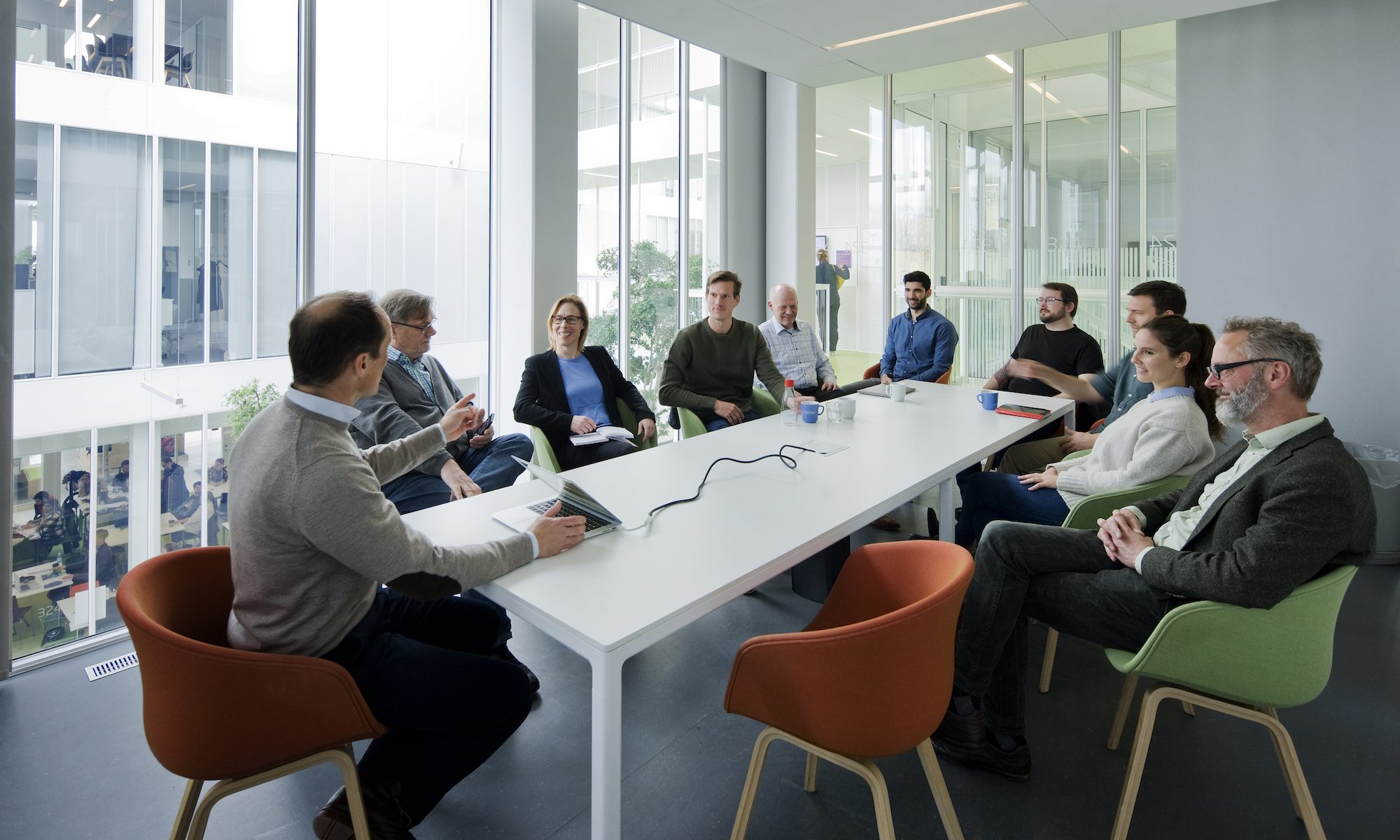I consider myself an experimental computer scientist, which means that I mainly design, implement, and evaluate new kinds of technology for a particular purpose or application. For this reason, I work at the intersection between human-computer interaction (HCI), ubiquitous computing (Ubicomp), and distributed software architectures. For most of my career, I’ve applied my research in healthcare, but have also done research in biology and global software development.
Over the years, I’ve been directing and involved in several externally funded projects and have been part of designing, developing, implementing, and evaluating a wide range of technologies.
Currently, all my research activities pivot around the Copenhagen Research Platform (CARP), which seeks to serve two purposes; (i) to be a set of open-source software components for other researchers (and start-ups) to create mobile health (mHealth) applications, and (ii) as a platform for supporting Digital Phenotyping research as part of the Technical University Hospital in Copenhagen.
